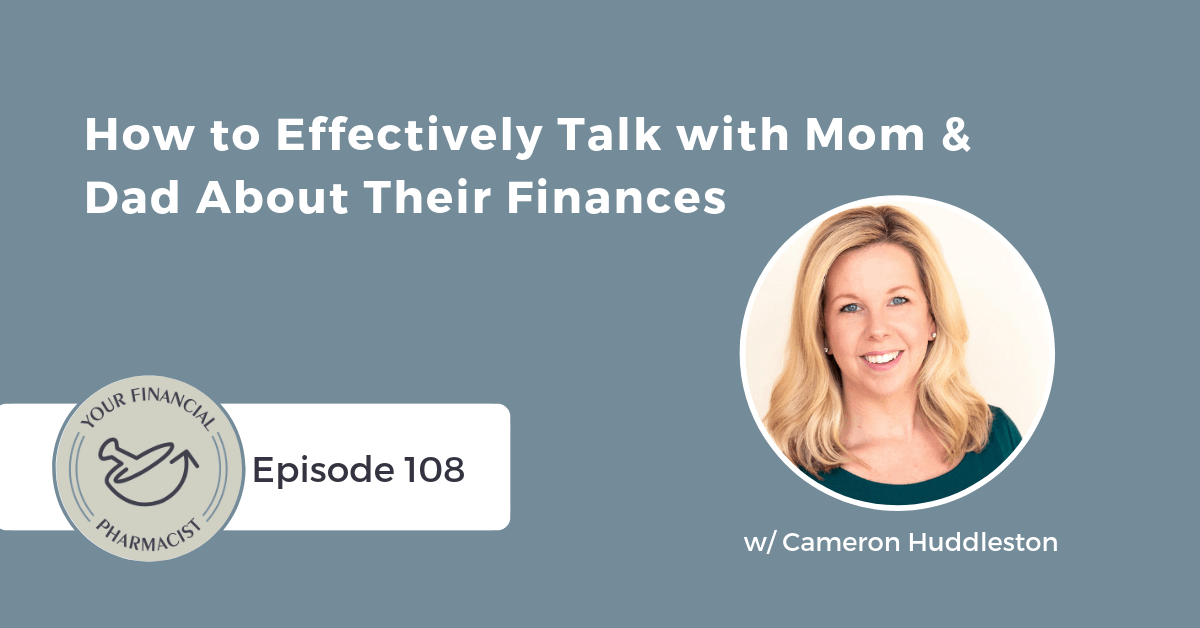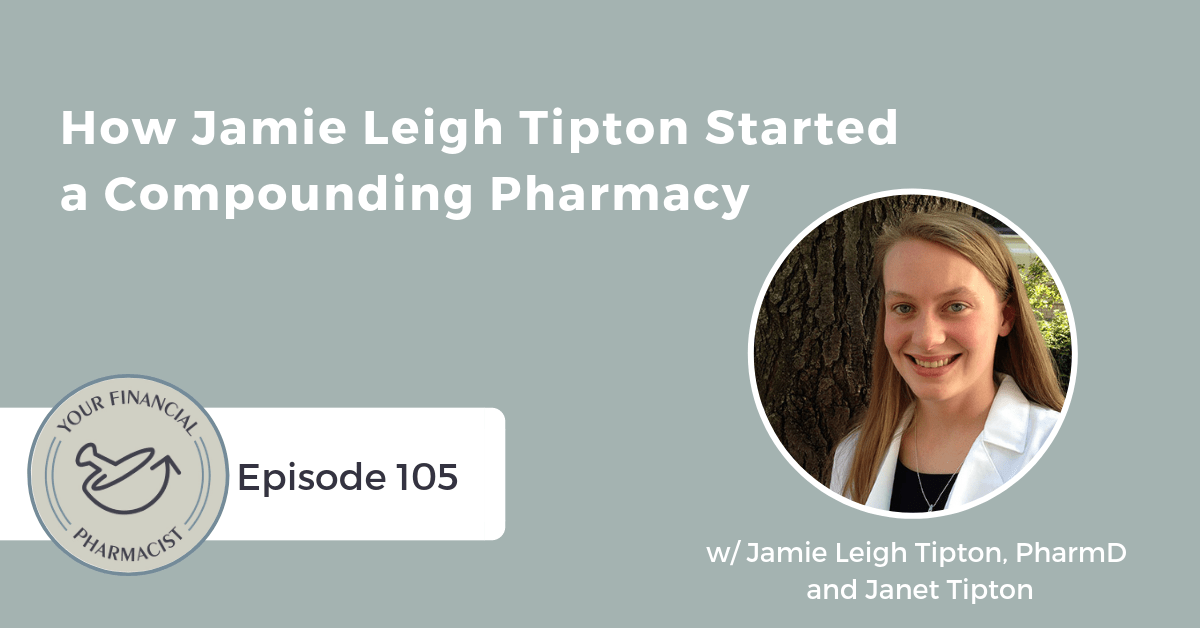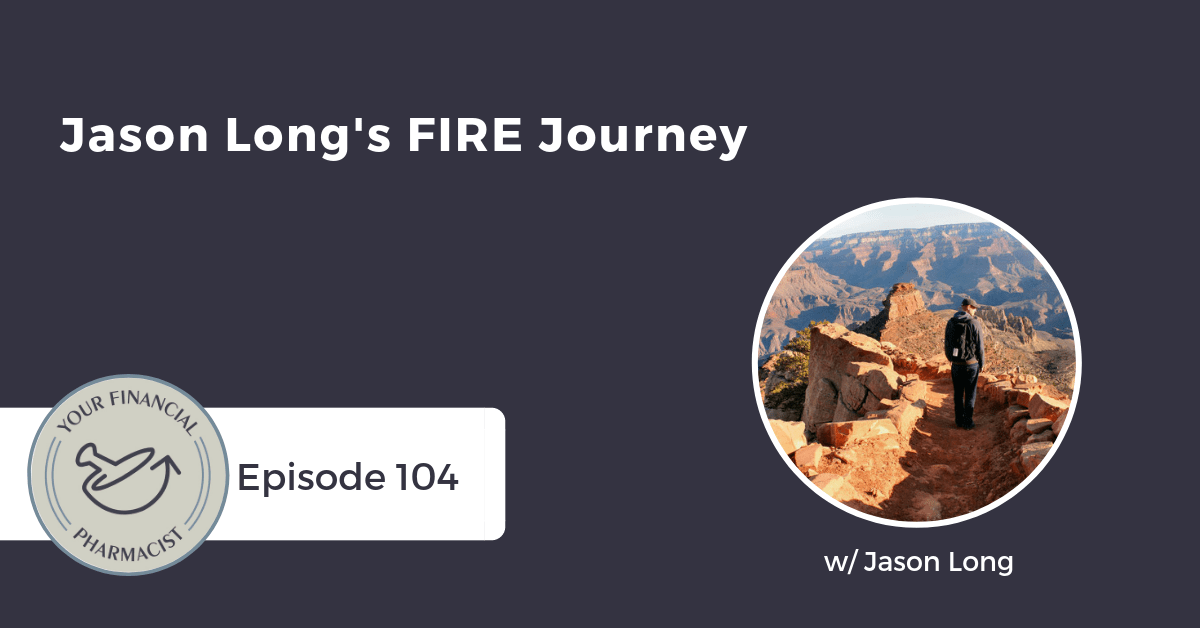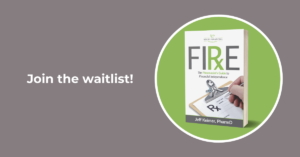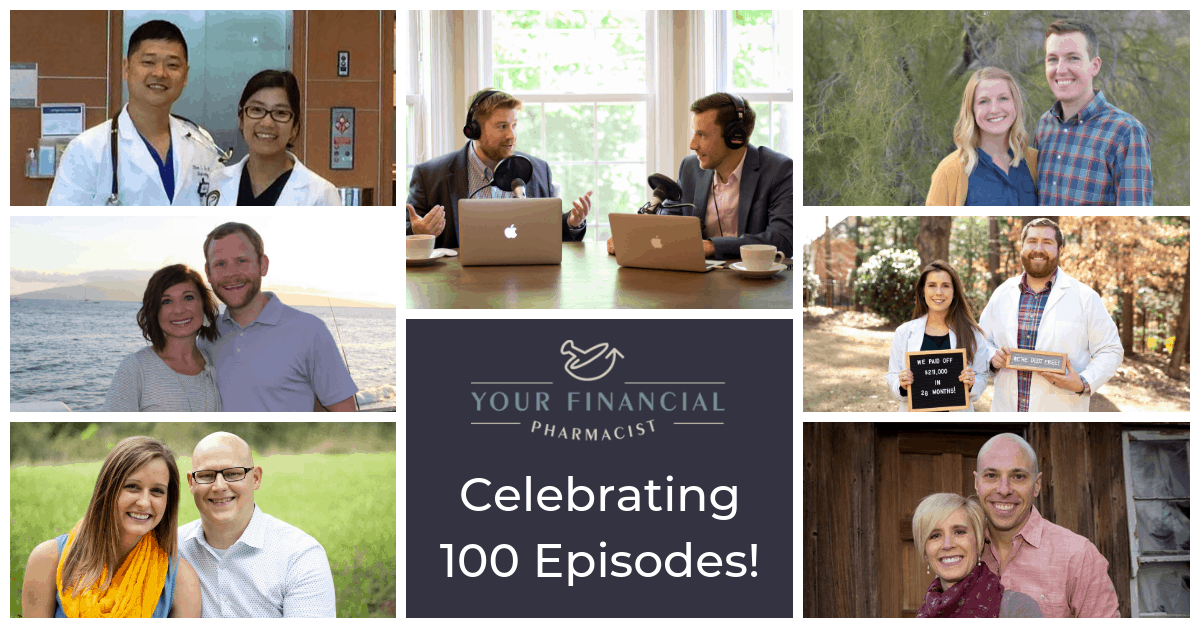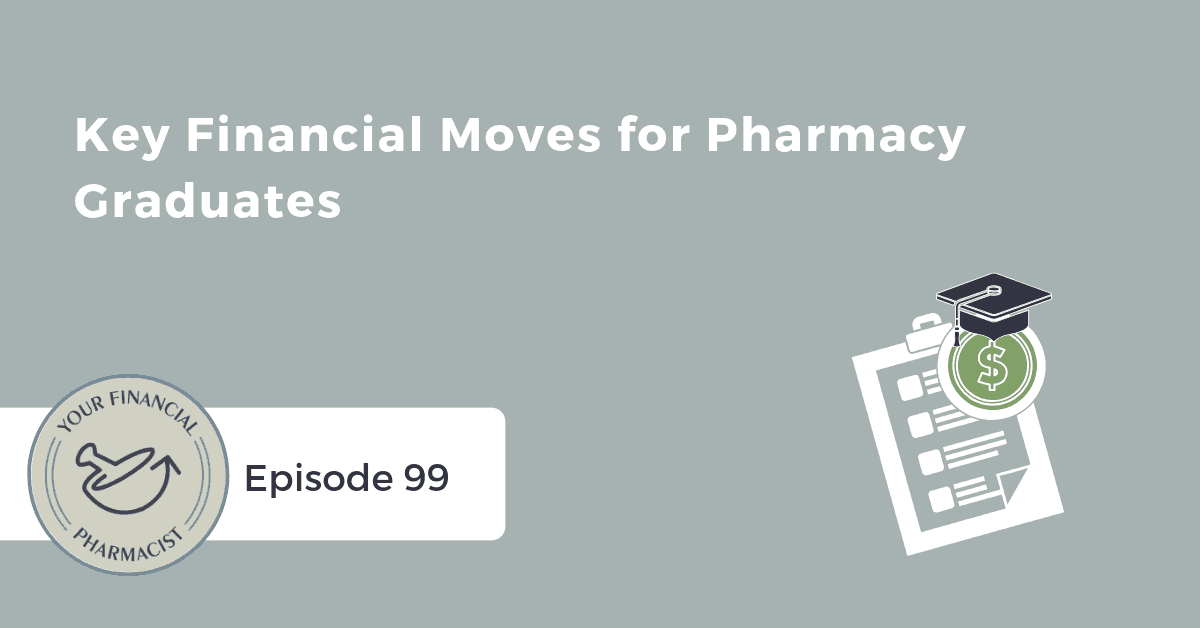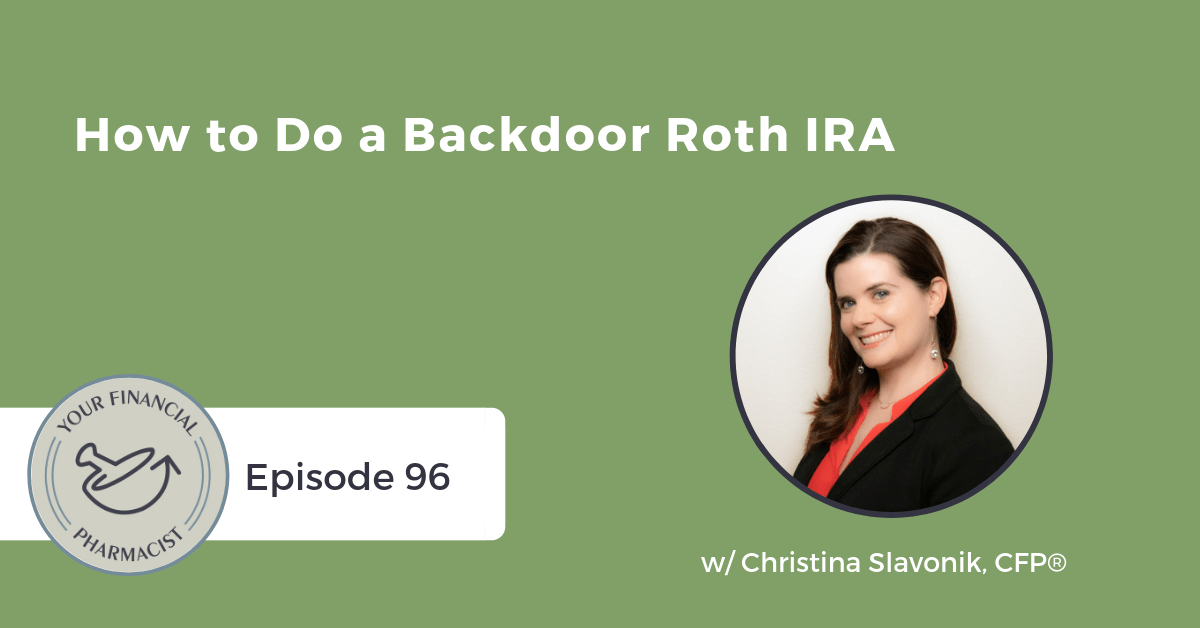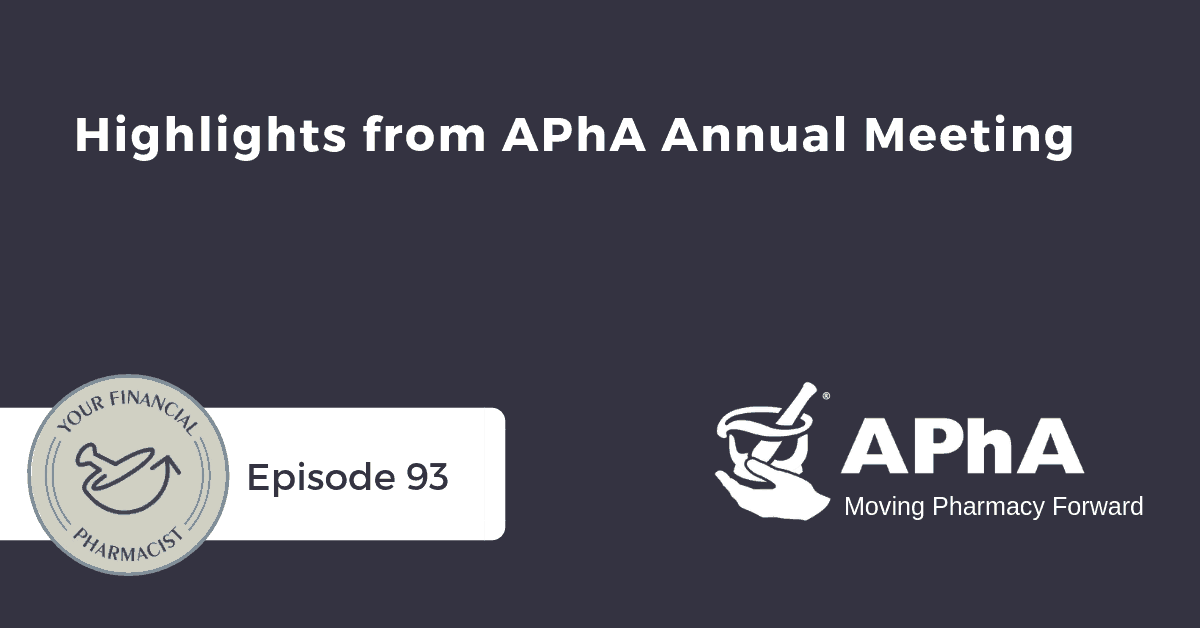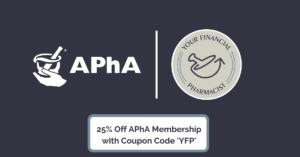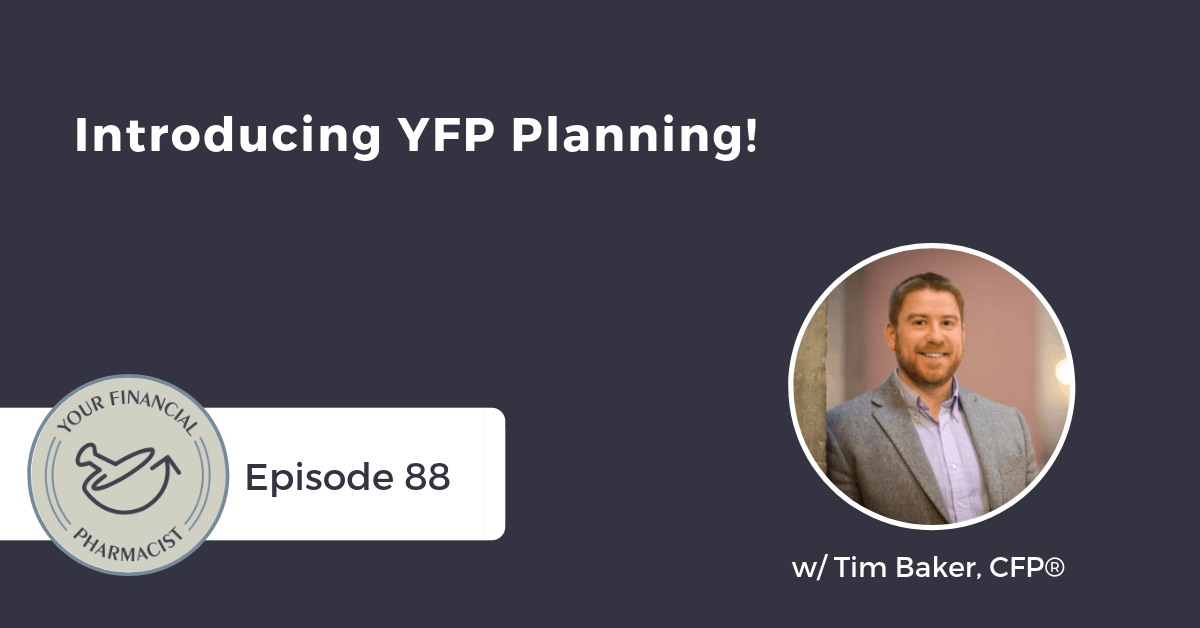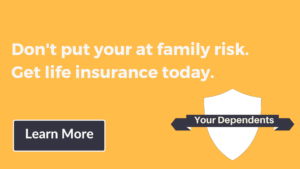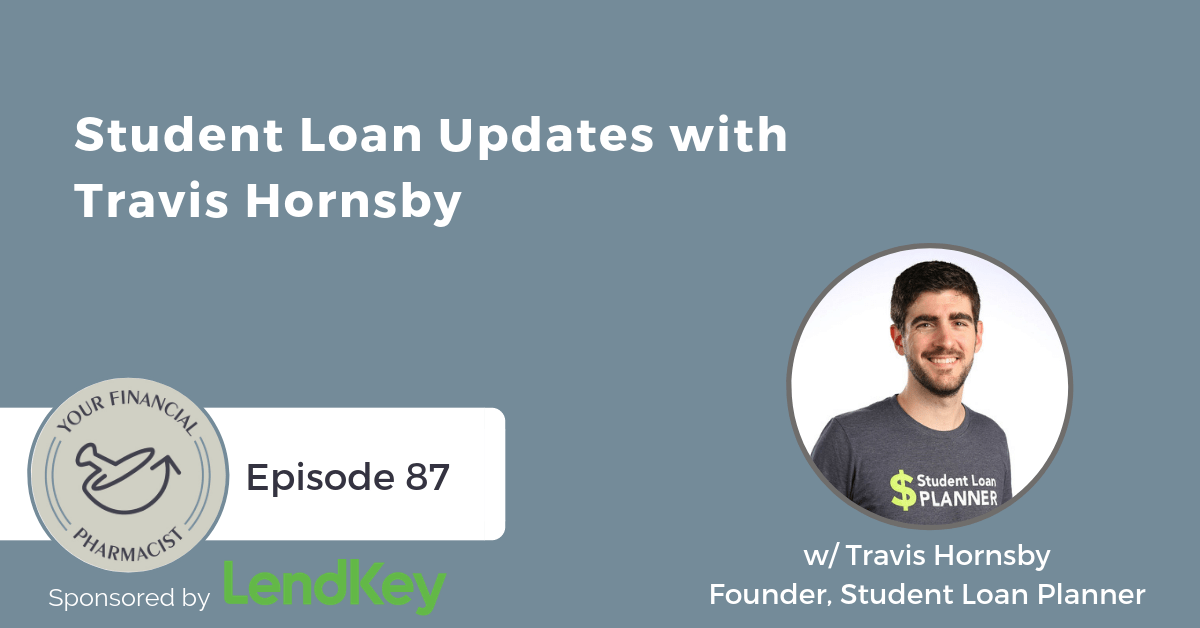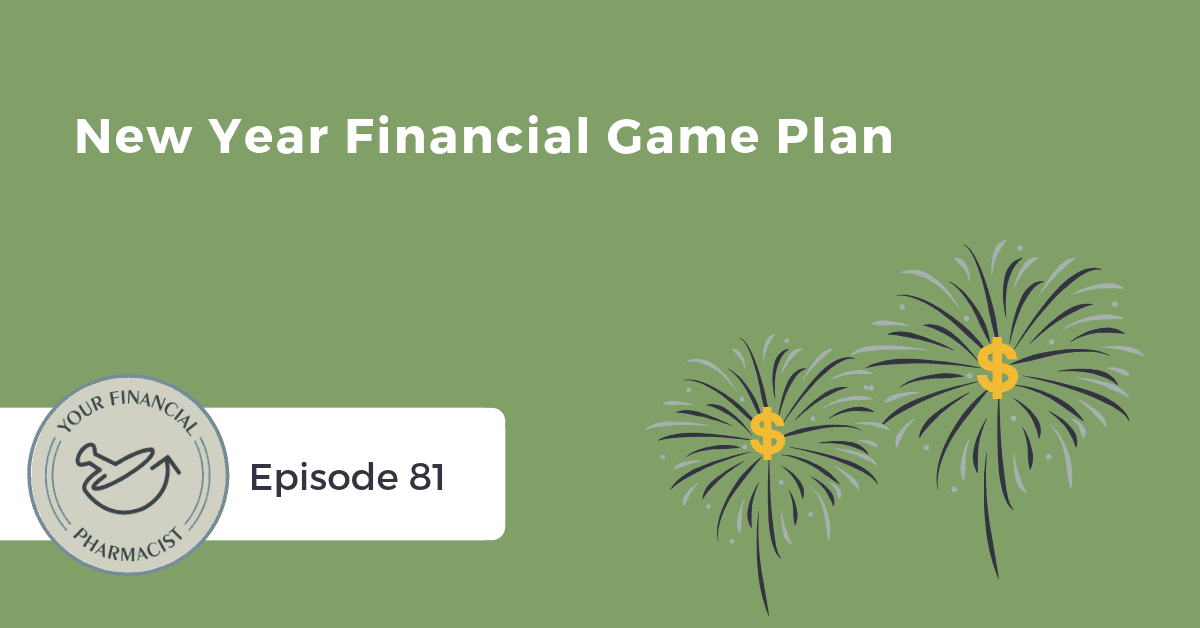How to Talk to Your Aging Parent About Finances
Cameron Huddleston, an award winning journalist with more than 15 years experience writing about personal finance, joins Tim Ulbrich on this week’s show. Cameron and Tim talk about her recently released book Mom and Dad, We Need to Talk: How to Have Essential Conversations with Your Parents About Their Finances. Cameron discusses why it is important to have these conversations with your parents, how to start the conversation and what to do if your parents are reluctant to talk.
About Today’s Guest
Cameron Huddleston is the author of Mom and Dad, We Need to Talk: How to Have Essential Conversations With Your Parents About Their Finances. She also is an award-winning journalist who has written about personal finance for more than 17 years. Her work has appeared in Kiplinger’s Personal Finance magazine, MSN, Yahoo, USA Today, Chicago Tribune and many more print and online publications.
Summary
Cameron Huddleston joins Tim Ulbrich to talk about her newly released book Mom and Dad, We Need to Talk: How to Have Essential Conversations with Your Parents About Their Finances. Her inspiration for the book came from the stories of her parents. Her father died at the age of 61. He was in his second marriage and didn’t have a will. At 65, Cameron’s mother was diagnosed with Alzheimers and her biggest regret is not talking to her about her finances, the type of care she wanted and how to pay for it before her memory started to get bad. Cameron didn’t want others to go through the same mistakes and suffer their consequences as she did.
Cameron shares why these conversations regarding finances and end of life care aren’t talked about, the biggest being that for older generations it’s taboo to speak about money and that it can make people uncomfortable as some people haven’t managed their money well and don’t want to divulge that information with their family. Unfortunately, consequences like lengthy and expensive court battles to prove that parents are no longer competent to handle their money or make decisions can come out of not speaking about these sometimes difficult topics.
Cameron shares that one of the biggest mistakes you can make is assuming that the conversation can wait. If your parents are healthy it’s the perfect time to have the conversation. She suggests focusing on speaking about the basics first, such as a will or living trust, power of attorney and advanced healthcare directive. From there, you can get deeper into how to pay bills and manage bank accounts. Cameron also talks about where to begin in having this conversation, what to do if your siblings aren’t on the same page as you, and when and how to have this conversation with your parents.
Mentioned on the Show
- Policy Genius
- Mom and Dad, We Need to Talk: How to Have Essential Conversations with Your Parents About Their Finances by Cameron Huddleston (Amazon)
- Cameron Huddleston
- Mom and Dad, We Need to Talk: How to Have Essential Conversations with Your Parents About Their Finances by Cameron Huddleston (Barnes and Noble)
- Cameron Huddleston on Facebook
- Cameron Huddleston on Twitter
Episode Transcript
Tim Ulbrich: Hey, what’s up, everybody? Welcome to this week’s episode of the Your Financial Pharmacist podcast. I have a special guest on the show this week, Cameron Huddleston, author of “Mom and Dad, We Need to Talk: How to have essential conversations with your parents about finances.” Some brief background on Cameron, she’s a contributing editor for Kiplinger.com and wrote the popular “Kip Tips” columns, which was syndicated in the Tribune newspapers nationwide. Her work has appeared in Business Insider, Chicago Tribune, Fortune, Huffington Post, Money, MSN, and USA Today. She has appeared on Fox & Friends, MSNBC and CNN and has been a guest on ABC News Radio, Wall Street Journal Radio, NPR, WTOP in Washington, D.C., and KGO in San Francisco. She currently is the Life and Money columnist for GoBankingRates.com. Cameron, welcome to the show.
Cameron Huddleston: Hi, thank you so much for having me.
Tim Ulbrich: So first of all, congratulations on the recent release of your book. What an amazing accomplishment in putting together a book that is going to have I believe such a positive impact on so many families, and obviously, more specifically, we’re going to talk about here in the pharmacy community. But writing a book is no small feat, so congratulations on getting this book out there.
Cameron Huddleston: Thank you. You’re right, it is not an easy task. It’s probably one of the hardest things I’ve ever done, I feel like.
Tim Ulbrich: So rewarding and difficult. I really, truly believe, as I just finished up the book here in the past week, I know it’s going to have an impact on me personally. I’m excited to share with our community some of the tips and strategies and wisdom that you share for how to have what I think is such a difficult conversation with family and especially parents around finances. So as I had a chance to read through your book prior to the interview, I was really, really impressed — and I shared with you before we recorded here today — about how comprehensive it is, how many stories you use, and I think how those stories reinforce the concepts throughout the book, how you’re able to break down what can be a very overwhelming and scary topic to one that I believe you present in a way that is easy to understand and that results in action. And I found myself taking notes, saying, “Hey, my brother and I really need to get together and make sure we have some of these conversations with our parents, even though we have had many of them already.” So let’s start with why write this book. So talk us through some of your personal story and the inspiration behind getting this book out there into the hands of others.
Cameron Huddleston: So I feel like I’m the poster child for why these conversations need to happen, sooner rather than later, because both of my parents, their stories caused me to write this book. My father died when he was 61. He was in his second marriage, and he died without a will. And he should have known better because he was an attorney. And of course, when you die without a will, the state decides who gets what. So your wishes are not expressed. And you don’t even have to be a wealthy person to need a will. And I make this point very clear in the book. At least, I try to. You know, wills aren’t just for the rich and famous. They are for anyone who has anything that they are going to be leaving behind, and they want to have a say in who gets what. So my dad did not leave a will telling us who gets what. And like I said, he was in a second marriage, and it just, it didn’t turn out as bad as it could have turned out, but it was certainly awkward. And then a few years later, when my mother was 65, she was diagnosed with Alzheimer’s. I was 35 at the time, I still had young children. And suddenly, I was thrust into the role of caregiver for my mother. And my biggest regret is not talking to her about her finances before she started having memory issues. I had had a conversation with her when I had moved from Washington, D.C., where I was working for Kiplingers, back to my home state of Kentucky. And I told her when I moved back home, I said, “Mom, you need to look into getting long-term care insurance,” because knowing that she was alone and that if she ever needed care, a long-term care insurance policy would help pay for that care. And by care, I mean care in an assisted living facility or nursing home. It even pays for care in your own home. She took my advice, looked into it, but could not get coverage because of another pre-existing condition she had. Then after that conversation I had had with my mother — and that was when she was in her early 60s — she ended up developing dementia. And I look back at it now, and I realize that after she discovered that she couldn’t get coverage, I should have said to her, “OK, Mom, you cannot get long-term care coverage. Let’s figure out how you would pay for it if you ever need this sort of care. And let’s talk about what sort of care you would want.” But I didn’t do it. And I was a financial journalist. I still am. But I didn’t realize that I needed to have this conversation. And so I wrote this book because I don’t want people to make the same mistake I made. And I don’t want people to have to figure out things on their own like I did because it’s not easy. It really is not easy. So I’m sharing my experiences in this book. I’m sharing the experiences of other people who’ve had these conversations. I’m sharing the advice of experts, financial planners, financial psychologists, elder care experts, estate planning attorneys, trying to cover as many bases as I possibly can in this book.
Tim Ulbrich: Yeah, and I think your story with your mom and with your dad really, to me, laid the foundation of the importance of this topic. And you have many more stories that you use throughout the book that I think do that as well. But you know, when you talk about the situation with your mom and dementia and you as a financial expert and writer not having or pressing on some of those conversations, you know, I often feel that way often with my family as well. Or you mentioned your dad being an attorney who had experience writing wills but didn’t necessarily have a will himself. I think that speaks to how difficult these conversations can be and how necessary they are and often how emotional things can get. They can prevent some of these from happening. So one of the things you start with in the very beginning of the book, you outline — to the point we were just talking about — so well the fears that can present themselves when we consider talking about money with our parents. So much so that you reference a — I think it was a 2016 Care.com survey that found more than half of parents would rather have the sex talk with their kids than talk to their parents about money and aging issues. And the result being, as you also mentioned in the book, about three-quarters, 73% of adults, not having detailed conversations with their parents about their finances. So what are some of these fears that are holding people back from having these critical conversations? Because after all, we know that they are essential ones to have.
Cameron Huddleston: You know, I want to touch on this first because you said we know that these are essential conversations. A lot of people actually don’t even realize that they need to be having these conversations. That same survey that you mentioned, that I mentioned in my book, about 73% of adults not having had this conversation with their parents, a very significant percentage of the people who were surveyed said they haven’t had the conversation because they didn’t realize that it was important. They didn’t realize it was an important topic to discuss. And we can talk a little bit later about why it is so important, but the fears, that’s a big one. So that same survey found that people have a variety of fears about having this conversation. A big one is that people are afraid their parents will think they’re being nosy. And I’ve heard this from people, I’ve talked to, I’ve interviewed for this story, for my book and just in general, friends I’ve talked to, and people say, “Oh yeah, my parents tell me that their money is none of my business.” And the point I make in the book is you might be afraid that your parents are going to think you’re being nosy, but the reality is that if you let them know that you want to have this conversation because you’re looking out for their best interests because you might have to care for them someday, you might have to help them out, that you’re not being nosy. You’re just simply trying to gather information that will make it possible for you to help them if they ever do need that help. You know, and so the thing is you don’t want to come at them and say, “Mom and Dad, let’s talk about the details of your finances.”
Tim Ulbrich: Right. Right.
Cameron Huddleston: Because it is — because money is a taboo topic. If you approach it by saying, “Mom and Dad, you took great care of me. I want to return that favor as you get older if you ever need help from me. And we need to discuss some things.”
Tim Ulbrich: And I think that’s what I love in this chapter but also throughout the book. In this chapter, specifically, you present some of those fears and then the realities. And you have some ideas throughout the book about specific language, conversation starters, things people can do to initiate these conversations. And in situations where they find themselves up against a reluctant parent, what are some strategies of how they do that. So I hope our listeners will take the time to get the book and read the book and really hopefully apply it with their own money — or their family situations as well. I want to ask you, since you mentioned this concept of money being a taboo topic. You know, when we’re out talking with other pharmacists and I mention this concept of money being a taboo topic, I see everybody’s heads nod in the audience. And I’m just curious, from your experience, from your expertise, for somebody who’s written on this for so long, is that just overall? Is that a generational thing? And then we know, as I think about myself with four young children, how can we reverse that trend? And what are some of the things that we can be doing to not make it a taboo topic so we’re not in the same cycle again with our children, you know, as they go through their life?
Cameron Huddleston: It certainly is generational. I think that younger generations are a little more open to talking about money, still not as open as we should be, but I’m a Gen X’er. My parents’ generation, they were actually, they fell into the silent generation. Money is certainly a taboo topic for them. And their parents told them — I remember growing up, my father would say, “You don’t talk about money. It’s impolite.” And he was always very reluctant to talk about money. And I feel like if I had tried to have a conversation with him when he was still living, he would have balked. My mother did not treat money as a taboo topic. We didn’t talk about it a lot, but I did not feel uncomfortable discussing it with her. I do feel like, though, the millennials are more open to discussing money freely. It’s not such a taboo topic among them. I think too that my generation, Gen X, is starting to open up a little bit more because we are already running into those struggles of talking with our parents and realizing that we need to be having these conversations with our kids. I have been having these conversations with my kids since they were young enough to talk. You know, of course when your mom is a financial journalist, and your dad is an economist — my husband teaches economics — you get it thrown at you all the time. And I remember my middle daughter coming up to me a couple years ago one day, just out of the blue, saying, “Mom, why are people so afraid to talk about money?” And I thought it was so interesting that she asked me that, and I tried to explain to her in the best way that I could — I think she was about 10 at the time — that people are uncomfortable talking about money because you either are afraid that you have less money than the person you’re discussing it with, or you have more. And in either situation, it can be uncomfortable. I think parents are particularly uncomfortable talking to their kids about money for a variety of reasons. Either they were taught you don’t talk about money, maybe they haven’t managed their finances well and they’re embarrassed, which anyone’s going to be embarrassed if you made mistakes, and you don’t want to admit to your kids. Or sometimes, it’s not so much the money issue that they’re afraid to address, but if you’re talking about things like wills and estate planning or long-term care, you’re talking about aging and death. And when you realize that you’re already in the midst of getting older and death is no longer such a in-the-future thing, but it could happen at any time, when you are older, it’s a scary thing to discuss for a lot of people. And when you talk about planning for long-term care, planning for end-of-life, a lot of parents don’t want to have those conversations. Because it’s scary for them.
Tim Ulbrich: Yeah, and I like how you highlighted in the book that even though both parties may come at it where it’s a difficult conversation, it’s uncomfortable, it’s that unknown territory, often, you may leave it with this feeling of, I’m really glad we had this conversation. And so I think that’s the outcome we’re hoping for is obviously some clarity around the plan. And I think the strategies you present in a great way in the book about how to do it effectively so it’s not necessarily focused on you as the individual and what you’re getting but really trying to look after your family and their wishes and all the complexities and things that are involved. One of the things that I really enjoyed in the book — I think it was Chapter 2, it was titled “Don’t Wait,” you mentioned that one of the biggest mistakes you can make when it comes to talking to your parents about finances is assuming that the conversation can wait. So what are some of the potential consequences of waiting to have these conversations until a point when maybe it’s too late? What are some of the things that could go wrong?
Cameron Huddleston: I hear from people all the time in just day-to-day conversations with friends when this topic comes up — because my friends know that I have been dealing with my mother and her Alzheimer’s for a decade now. And what I often hear from them is, ‘Well, we’re not at that point yet. I don’t need to be talking to my parents about this because they’re still healthy.’ But that is the perfect time to have the conversation. If you wait until there is a health crisis or when your parents are having memory issues, at that point, it can be too late. For starters, if there is a crisis, emotions are running high, you don’t think rationally when you are in the middle of a crisis. And the last thing your parents are going to want to do is discuss their finances with you. You know, you might need to be stepping in and helping them make sure the bills get paid, but they don’t want to talk about that because they’re in the hospital recovering from a stroke, a heart attack, something horrible that has happened to them. So waiting until that emergency happens is a terrible time to have the conversation because of the emotional issues that are going on. But the even bigger issue is that things may not be in place to actually allow you to step in and start helping them. The biggest of these is power of attorney and healthcare power of attorney. Both of these are legal documents, and you have to be mentally competent to sign them. So if you wait until you are in the later stages of dementia, it is too late. No attorney is going to let you sign a power of attorney or an advanced healthcare directive naming a healthcare power of attorney because they’re going to assume that maybe you had been pressured into signing these documents. You are no longer mentally capable to make sound decisions, and so I don’t think a lot of people realize this. They think, well, you know, if Mom and Dad need help, I can just step in and start helping them. I can write checks for them and make sure the bills get paid. I can talk to their doctor for them. I can talk to their financial institutions for them. No, you cannot. Not unless they have named you power of attorney, healthcare power of attorney. No financial institution is going to talk to. Most doctors will not talk to you. You know, pharmacists should know this. Some, you can’t hand out a prescription just because they say, ‘Hey, I need to get this prescription for my mom because she’s in pain.’ I mean, there’s no way that’s going to happen. And so if you have not sat down with your parents to find out whether they have a power of attorney, an advanced healthcare directive that names someone to make healthcare decisions for them, and that spells out what their end-of-life care that they want is, if you wait until something has happened, it can be too late. And the consequences of that are a very lengthy and expensive court battle, basically. You’re going to go to court to try to prove that your parents are no longer competent so you can become their conservator. You’re putting your parents on trial, which is a horrible thing.
Tim Ulbrich: And you did a really excellent job in the book of outlining exactly what that could look like, the cost of it, the time of it. Because I think you’re right, I think there’s the assumption that, hey, you know, maybe I’m an only child or my sibling and I get along, and yes, we don’t have power of attorney or we don’t have healthcare directives, but we’re all kind of on the same page. But if those documents aren’t signed, and you don’t have the copy of them that can be ultimately put in place, like it doesn’t mean you might not eventually get to where you had hoped to get, but it’s going to cost a whole lot of money, a whole lot of time, and a whole lot of heartache to get there that is really unnecessary, right? And I think you outlined that well in the book that my wife and I just updated this for our own family and our process, especially now that we just added a fourth child to our family. And for how easy it is — even though it seems overwhelming — for how easy it is to ultimately execute these papers when you consider that against what it would take if those were not executed, it’s really a no-brainer. I mean, you have to take action on these things. And we’ll come back here in a little bit and talk more about those documents specifically. So what I want to transition to here are some of the common reasons that you outlined in the book that parents may be reluctant to have these conversations. Because I think that if our listeners know what these are, then it can really help them frame what might ultimately be the right strategy. So what are some of the common reasons that parents may be reluctant to have these conversations with their children?
Cameron Huddleston: We hit on a big one already. The biggest is that they think money is a taboo topic. And they don’t want to discuss it, with you, with anyone, so you realize that. And you’re going to know this. I mean, you are going to know if money is a taboo topic with your parents because any money issue that might have come up in your family, if they dodged that topic, you know that they’re going to be reluctant to discuss their finances with you. And if that is the case, if you realize that is the case, then you don’t want to make the conversation about money, which sounds kind of silly being I’ve written a book about how to talk to your parents about their finances. But you don’t want to make the conversation about money. You want to talk about bigger picture issues. You know? Like, “Mom and Dad, what do you see retirement looking like for you?” And their answers might give you clues. They might be like — or, “How is retirement going for you?” “Oh, well, you know, it’s kind of boring, actually. We’re just kind of sitting around home.” “Oh really, I thought you wanted to travel.” And they might say, “Well, turns out traveling is expensive.” And that’s going to give you a clue that maybe they don’t have enough in savings for their retirement that they wanted, which can also give you a clue that if they don’t have enough in savings for the retirement they wanted, they probably don’t have enough in savings to cover any long-term care they might need. So find another way, find kind of a big-picture issue that you can discuss that they might be more comfortable talking about than actually details about their finances. But like I said, the answers that they give you, the responses, are going to start cluing you in. And then when you hear that response, don’t just let it go. Ask more questions.
Tim Ulbrich: And I think one of them that stood out to me was, you know, you had mentioned that they may be embarrassed about their finances. And if you look at the data that’s out there, in terms of the number of people who have the right documents in place and how much money people have saved for retirement and who actually has long-term care insurance relative to those who need it, more likely than not, for many of our listeners, that may actually be the case that maybe they’re embarrassed about their finances. And so you as the child and your point of reference of why you think this is important for them to have in place, well, for them, the struggle is that they’re really embarrassed about uncovering about what maybe they’re not comfortable you seeing. Obviously, there’s two different angles and viewpoints there. So I think really trying to understand why the reluctancy may be there would really help frame the strategy in which you approach it. And I think you did a really nice job of outlining those. So as I was reading the first few chapters, it was almost as if you were predicting my thoughts as I was going through the book because I read through the first few chapters, and I’m like, gosh, where do you start? You know, where do you start with this process? I understand the problem, I understand the need, I understand there may be reluctancy, but where do you start when it comes to having these difficult conversations, especially considering how complex of a topic that this can be. And your suggestion is to start by talking to a sibling. So tell us more about why you think this is a good place to start and some of the strategies to do that.
Cameron Huddleston: If you have siblings, you need to be sitting down with them before you even go to mom and dad. And there are several reasons why you should do this. For starters, you want to get on the same page with your siblings. You don’t want to go to mom and dad and have this conversation, and then your brother and sister find out, and then they’re angry. Wait, why did you do this without me? What, are you trying to get in good with mom and dad so that you get everything when they die? You don’t want to create any resentment. And you don’t want them to try to second-guess what you’re doing. So you want to let them know, ‘Hey, I think we need to talk to Mom and Dad about their finances.’
Tim Ulbrich: I really like that.
Cameron Huddleston: And so they might say, ‘Well, why? They seem to be doing fine. They’re not having health issues.’ ‘I know. And that’s why we need to do it now, before any issues arrive, so that we can make a plan together.’ And when you talk to your siblings, you want to agree on the roles you’re willing to play. You want to decide, who’s going to initiate the conversation? Maybe it’s one of you, maybe it’s all of you. Then you have to decide, OK, when are we going to do this? How are we going to approach this conversation? You also want to decide what roles you’re willing to play going forward. Maybe you live closest to mom and dad, so you’re willing to be the one who’s going to step in and provide any care that they need, take them to doctor’s appointments, you know, if you have to, let them move in with you or you would move in with them depending on your situation. Maybe your younger sister is better at money, and so she might be willing to step up and say, ‘Hey, Mom and Dad, I’m willing to be your power of attorney. I’m willing to help you out with any financial issues that you face going forward. I can be the one who will make those decisions for you if you no longer can.’ Hear out what roles you’re going to play so that when you go to your parents and have these conversations, when they see that you’ve talked and you are on the same page, that is going to lift a little bit of the burden off them. Because parents oftentimes are afraid to have these conversations because they’re afraid that perhaps it will create fighting among their children, especially when it comes to issues of wills and who’s going to get what. Because parents don’t always divide things up equally. And they don’t even want to discuss their will because they don’t want their kids to know who’s getting what because they don’t want their kids to fight. And so when you go to them and say, ‘You know, Mom and Dad, sister Susan and I have been talking, and we want to talk to you because we want to make sure that as you get older, we can help you out if you ever need it. And Susan’s willing to do this, and I’m willing to do that. But to do this, we need to get some information from you. We need to find out what sort of legal planning you’ve done. We need to know — you know, we don’t need to know details, we don’t need to know how much is in your bank account, but we do need to know where you bank.’ Coming to them as this united force is going to help, as long as it doesn’t look like you’re ganging up on them.
Tim Ulbrich: Sure.
Cameron Huddleston: The last thing you want to do is be like, ‘OK, Mom and Dad, my brothers and sisters and I, we need to sit down and talk with you right now, and you’re going to tell us everything we want to know.’ That’s the last thing you want to do. You don’t want to issue any sort of ultimatum, but if you can show them that you are on the same page, it can make it easier to have these conversations because they know that all of you are involved, that you’re looking out for their best interests and no, we don’t care what we’re getting. We just want to know whether you’ve put your wishes in writing.
Tim Ulbrich: And I love, I love that angle of laying that out there, of not only having a unified voice among your siblings but also coming at it from a, hey, this is not about what we’re getting us. This is about making sure that we have an understanding of exactly what you want and that we’re able to execute and minimize a lot of the difficulties and things that we already talked about. So what if we have somebody listening that says, ‘Hey, you know what? Me and my sibling aren’t on the same page. We disagree,’ or I could see a situation where maybe there’s multiple children, four or five, six kids, and just naturally, there’s going to be difference of opinion, even if they largely get along otherwise. What strategies or what advice would you have in those situations where there’s disagreement among siblings?
Cameron Huddleston: Actually, that can be very common. And what you want to do when you ask your siblings to have this conversation, beforehand, what would probably be a good idea is to actually make your own list of things you want to discuss so that you can kind of sort it out in your head. You know, you’re not flying by the seat of your pants when you have this conversation. And by putting it in writing beforehand, it’s going to help at least you stay calm when you have the conversation because you know the issues you want to address and you can anticipate, if you write this down beforehand, some of the responses you might get from your siblings. But when you sit down and have this conversation or if you’re going to do it on the phone or do it by Skype, you want to make it clear, we are having this conversation because our primary interest here is Mom and Dad. We want to look out for their best interests. And I think we can all agree on that. We want to do what’s best for Mom and Dad. Now, we might not agree on how to go about that, and that’s OK. And so basically, you want to do — I kind of walk you through this process that you can use that was suggested by a financial psychologist. You let everyone say, get a turn in saying what they want to discuss, how they want to go about talking to your parents, what they think is important. And you, as the person who calls the meeting, you go last.
Tim Ulbrich: Oh, I love that.
Cameron Huddleston: Everyone gets to say something. No one can interrupt. You go last. And then, this is what’s important to me, this is what I think we should discuss, and I hear what you’re saying. Let’s figure out a way that we can all come to an agreement. You want this, I want that, and you want this. Let’s find some common ground here. And always bring it back to Mom and Dad because in all honesty, they are your common ground. And so you’re looking out for them. And hey, maybe you want to do this, but maybe our brother perhaps has a good idea about how to approach it from this other way. Give everyone a chance to speak. You go last, and then find your common ground.
Tim Ulbrich: So once the siblings hopefully are on the same page, there then comes this conversation, the conversation with the parents. So what is the best time, what recommendations do you have in terms of when to have or not have this conversation? So for those listeners that are out there saying, ‘Alright, I’m ready. Me and my siblings are on the same page. We haven’t had it, but we know we need to do it.’ What advice would you have on when to have it? Or maybe when not to have this conversation?
Cameron Huddleston: Don’t do it in the middle of a family holiday gathering. All of you — a lot of people think that’s a great time to have the conversation because everyone is there together.
Tim Ulbrich: Everyone’s together, right.
Cameron Huddleston: Everyone is there together. But you don’t want to ruin a good family meal by bringing up the topic of your parents’ finances or end-of-life planning or long-term care. Don’t ruin a good family gathering by bringing this up. And there might be people there who don’t need to be part of the conversation: cousins, aunts, uncles, your children. They don’t need to be part of the conversation, and sometimes, family gatherings aren’t happy events. There are tensions there already, and so you don’t want to add to that tension by bringing up a difficult topic. If you and your parents and your siblings are only together, though, during these holiday times, at least wait until the next day. And you don’t necessarily have to have the full conversation then. You just simply let your parents know, ‘You know, Mom and Dad, my sisters and brothers and I have been wanting to talk to you about something. We don’t have to talk about it now, it’s the holidays, this is a happy time. We should be celebrating. But we want you to know that we want to have this conversation. So let’s figure out a good time when we can have the conversation.’ Let your parents have a say in this so that they feel like they have some control over the situation. If they’re having to give up some information that they might be uncomfortable sharing, let them have some control by setting up a time when they can talk, when it’s best for them.
Tim Ulbrich: And I think this is an example in the book where you get very practical — and I hope our listeners will pick up a copy and read this — Chapter 7, you have 10 tried and tested conversation starters. And I know, again, to my comment earlier, I felt like you were unfolding the text as I was wondering what could come next. And here, as I began to think about, OK, I’m ready, I’m comfortable, my sibling and I are on the same page, how do I actually execute the conversation? And I think your 10 strategies is really helpful in doing that. One of the things I want to talk through briefly — I know we could have a whole separate episode, and we probably will at a different point — talk about in more details the estate planning process and documents. But I think you do a nice job in explaining these concepts in a very easy-to-understand way. And you mentioned in the book that when talking with reluctant parents, one should start with the basics, essentially, the must-haves, and then work from there. And so I want to talk about these basics for a moment. Here, you have four things that you mentioned: will or living trust, power of attorney, advanced healthcare directive, and then the fourth being how do you pay for your bills. So let’s just walk through those briefly. Will or living trust, tell us exactly what is that document and why is it important?
Cameron Huddleston: A will spells out who gets what when you die. It’s a legal document, and if you don’t have one, your state has laws that determine who gets what. And so when you discuss this with your parents, your parents might say, ‘Well, I don’t need a will. You guys get along. Or your mother’s going to get everything.’ That’s not always the case. It’s not guaranteed that your spouse is going to get everything because in some states, the laws will divide everything up evenly among the closest family members who are still alive. So it might your spouse and your kids. And maybe you don’t want your kids to get that, you want everything to go to your spouse. But I don’t think people realize this because we’re not all attorneys. And unless you point these things out to your parents, they might have no idea why a will is important. A living trust is similar to a will, but what it does — again, it lets you say who gets what. But having a living trust helps you avoid what is called probate process.
Tim Ulbrich: Right.
Cameron Huddleston: Even if you have a will, you still have to go through court proceedings where everything is kind of sorted out. And if your parents have any debts, you know, they’re going to look at the assets that are left in the estate and with certain, they will use those assets to help pay off the debts. You will not have to pay them off as long as your name isn’t on those debts. And I know people worry about that, oh my gosh, I’m not going to inherit anything from my parents except their debt. No. You will probably not inherit their debt. Anything that they have left will help pay off those debts and so you go through this probate process. With a trust, it avoids the probate process. But a trust can be more expensive to set up, and you have to name a trustee. And if you, for example, have a home, and you don’t want to have to go through the probate process, you have to basically deed, put the title, in the name of the trust. It can be a little more complicated. It’s more expensive. And so a trust is not the right thing for everyone, but it is certainly an option that your parents might be interested in, that you might be interested in. But in general, the will and the living trust, they let you spell out who gets what when you die. And you don’t have to be someone rich and famous to have a will and trust. Everyone needs to have one.
Tim Ulbrich: Amen. And a special urgent call to action for those that have children and have wishes for where their dependents would go and what would happen with that situation, I mean, this is a must-have for everyone, but the sooner the better. And I can assure you as going through this process recently with an estate planning attorney, it is not as complicated as it may seem from the outside looking in. And I think, again, to our listeners, you did a really nice job succinctly in this chapter outlining these different areas, these documents, what they are, that I think would be a great read before working with an estate planning attorney to understand exactly what would be out there.
Cameron Huddleston: Right. And people should also know because your parents might push back and say, ‘Well, I’m going to have to pay money for this, right? I’m going to have to pay an attorney to get a will or a living trust or to get a power of attorney,’ which is a legal document that lets you name someone to make financial decisions for you if you no longer can, an advanced healthcare directive lets — it spells out the end-of-life care you want, whether you want to be on life support, it lets you name someone to make healthcare decisions for you. Without this, your family has to make that decision. Do we keep mom and dad on life support? Do we continue spending thousands of dollars? And that’s a terrible decision for you as a child to have to make. And so you want to let your parents know, I want you to make this decision. I want you to decide. I don’t want to have to make this decision for you. And your parents might say, ‘Well, this is going to cost me money. What’s it going to cost me to meet with an attorney?’ It will cost you money. It can cost several hundred dollars, more than a thousand, depending on how complex your situation is, to have all three of these documents drawn up. But that upfront cost is so much less than what your loved ones are going to have to pay if they end up in court, fighting over who gets what because you didn’t have a will, going to court to get conservatorship because you never named a power of attorney, going to court because one child thinks mom needs to stay on life support and the other one does not. Those can cost tens of thousands of dollars, those court proceedings. And so it does save your loved ones money down the road, but you don’t necessarily have to go to an attorney. There are fill-in-the-blank type documents that you can find online. I’ll list some resources. Sometimes, your state bar association will have free wills available. Now, these do-it-yourself options are certainly better than nothing. But they are not ideal because they’re not tailored to your own situation. So if you can afford to meet with an attorney, if your parents can afford to meet with one, I would encourage them to do that. And you might even offer it as a gift to your parents.
Tim Ulbrich: Yes.
Cameron Huddleston: ‘Mom and Dad, I recently met with an estate planning attorney. I didn’t even realize how important these documents were. I think that if you haven’t done it already that you should. And I’d be more than willing to pay for them for you. Think of it as a gift from me. Happy Father’s Day. Happy Mother’s Day. Merry Christmas. Happy Hanukkah. This is my gift to you.’
Tim Ulbrich: I agree in your assessment of if I had to rank order, then, because I’ve been in all three situations. I’ve been with I have nothing, I have a DIY, and I have documents drafted by an estate planning attorney. I put those in that order from worst to best. And even if I could speak to for a moment, the DIY versus the estate planning attorney, not just the peace of mind of having the documents in place for your family but also what you learn through the conversations and the back-and-forth to the attorney. So we did — my wife and I did an hour video call with the estate planning attorney, then they drafted up the documents, and then we had a follow-up call as well. And there was just a lot that you can talk through, you can process, they’re asking good questions, they’re beginning to understand your personal situation, what’s unique and what you need to consider in helping you make those decisions but also then being there to answer questions. You know, I’ve learned a lot of things about making sure obviously life insurance policies and other types of things and what would fall in the trust, what would not. So there’s a lot of things I think you learn through that process of working with an attorney that I didn’t necessarily learn when I went through the DIY approach. And so for our listeners, if you want, just a point of reference — knowing this is different, obviously, by state, by attorney — it cost my wife and I about $1,000 to have a will, a living trust, a power of attorney, and an advanced healthcare directive drafted for both of us. So you know, certainly it was a cost. But I think you also have to factor in peace of mind into the process as well. One of the things, Cameron, I think you — at least for me — was a “holy cow, Aha!” moment was that I often think, as I think many others may think, is that once you have the will or living trust, the power of attorney and the advanced healthcare directive, it’s sort of a moment of like, look at me, I’m doing a good job, all is settled. And then I saw your list of, you know, how do you pay for your bills? And what are the sources of income, bank account access, household debt, monthly bills, insurance policies, investment accounts, real estate, final wishes, social security, Medicare account logins, like oh my goodness. Like if something were to happen to my parents tomorrow, my brother and I are in a very good position with the estate planning documents, but I don’t think we are with the others. And so I really liked that section on, hey, start with these as the basics, but the more advanced, when they’re ready to share, don’t forget about these aspects as well.
Cameron Huddleston: Yes, so if you — this is so important, especially if you are your parents’ power of attorney or you are the executor of their will, you need some details about their finances so that if something does happen to them, and especially if you’re executor, I mean, everyone dies. And so when they do die, you need to know what they have. You need to have their financial inventory because if you don’t, things get lost. Like I’ve heard people say, estate planning attorneys saying that there were people who found boxes under their parents’ bed with old stock certificates. I mean, they could have tossed that stuff out. That’s just throwing away money. And this happened with me and my mother. And I would just go back —
Tim Ulbrich: Oh, the $50,000, right?
Cameron Huddleston: Yes.
Tim Ulbrich: I remember, yes.
Cameron Huddleston: Yes. And so I did get my mother in to meet with an attorney before her memory issues got to be too bad. She was still competent enough to sign the documents, and that meeting with the attorney, like you said, was so good because we learned about other things we needed to be doing, like how I should go to the bank with her and get on her account as a representative payee, how we discussed Medicaid planning, which I kind of touch in the book, which is something you do need the help with an attorney. Medicaid is the only federal government program that will pay for long-term care. Medicare does not. But I think as most of your listeners probably know, you have to be very low-income to qualify for Medicaid. You have to have very few assets, typically $2,000 or less. And you can basically go through the process of transferring your assets so that you can qualify for Medicaid, but this is something you need the help of an attorney with. This is something that my mother and I discussed with an attorney when we there. So meeting with the attorney opened our eyes to a lot of options that were available to us. But even though we got those documents in place, I had not gotten details about my mother’s finances. And because she was starting to have memory issues, and as her memory got worse, and I was trying to figure out what accounts she had, there was one that slipped under my radar. And I didn’t discover it until we had moved, and the people who bought our house, they were getting mail from some investment company saying that there was an account my mother had they were about to turn over as an unclaimed asset to the state. I had no idea it even existed. It was $50,000 worth of investments.
Tim Ulbrich: Wow. Makes you wonder how often that happens. Yeah. Wow.
Cameron Huddleston: And so because I was her power of attorney, I was able to get access to it. I just went ahead and cashed it out and used it to pay for about a year’s worth of care. But I almost lost that money because I didn’t even know it existed. And so start by finding out whether they have the legal documents, find out whether they pay their bills automatically or by check. Because if they’re paying them by check, then that power of attorney is especially important because you cannot write checks from their account unless you’ve been named their power of attorney. And then once they give you that sort of information, press a little bit more. Like you had mentioned, I tell people to find out what their sources of income are, what sort of investments they have, what sort of retirement accounts they have, do they have real estate property, what sort of insurance policies do they have, and you don’t have to get them to tell you this face-to-face. You could say, ‘Mom and Dad, there’s some information I would like to know. You can write it down for me.’
Tim Ulbrich: Absolutely.
Cameron Huddleston: Which makes it so much easier. Write it down, put it someplace safe, and tell me how to access it.
Tim Ulbrich: Yeah, and I like that. Ryan Inman, another financial planner with Physician Wealth Services, mentioned in the book with his family setting up a DropBox account and sharing files that way. I thought those strategies of some of the electronic communication and sharing might even be easier if there’s not as much comfort with some of the face-to-face conversations. So before we wrap up — because we really are just scratching the surface of I think the value and how rich this book and resource is. I hope our listeners will pick up a copy of the book, again, “Mom and Dad, We Need to Talk: How to have essential conversations with your parents about their finances.” You can get it on Amazon, on Barnes & Noble, and also make sure to check out Cameron’s easy-to-understand financial advice on CameronHuddleston.com or by following her on Facebook @CameronHuddlestonMoneyExpert. But I want to close by acknowledging something that you wrote in your final note at the very end of the book that has nothing to do with personal finance but really stood out to me, and I think it will with our listeners as well. And that’s this concept of listening and writing down stories from your parents. Tell us more about that.
Cameron Huddleston: You know, as I was finishing up the book, I thought, one of my biggest regrets, as I mentioned already, is not talking to my mom about her finances. But an even bigger regret that I have is not ever sitting down my parents and recording the stories that they would share with me when I was younger. My dad would tell me these wonderful stories when I was little at night, when I was going to bed, about his childhood. And my mother had some great stories too. But I didn’t even think to do this until it was too late. You know, my father had passed away when I was 28 and he was 61. My mother, you know, she was 65 and having memory issues, and my kids were little. I was too busy thinking about raising my kids and trying to take care of her to ask her to share her stories with me. And I regret that so much. And you can even use that as an opportunity to have these conversations with your parents about their finances. You know, ‘Mom and Dad, you always tell me these great stories when I was a kid about your childhood. Would you mind if sometime, we sit down together and you let me record you?’ And then from those stories, you can take that experience and say, ‘Thank you so much for sharing this with me. This is going to help me pass along your legacy to my children. But I also want to make sure that I really, that I can really make sure that we uphold your legacy. And to do that, I need to know what your wishes are. Do you have a will? Can we talk about what sort of care you want? Because this is important to me.’ And so that can be a very easy way to actually get them to start talking about their finances by getting them to share their stories first, letting them know your stories, your history, these are important to pass along. But there are other things I’m sure you want to pass along too. Let’s make sure we have things in place so that can happen.
Tim Ulbrich: That is great. I really like that. I’m so glad you shared that at the end. I know it was something that will stick with me for a long time. One of the things I talk about on the show a lot, and I interview other entrepreneurs about is the concept of legacy and what they’re leaving behind in the work that they’re doing. And as I read through your book — and I’m not yet as familiar with the other work that you are doing, although I’ll be following that from here on out — I really am confident, and I genuinely mean this, that I think this book in terms of legacy of the work that you’re doing is going to be transformational, not only for our audience but obviously for many others that read it and are listening, that these are such important conversations that I think are going to provide peace to families, provide clarity, and really help people with practical strategies to have some of these difficult conversations. So Cameron, thank you for putting together this excellent resource. Again, the title of the book, “Mom and Dad, We Need to Talk: How to have essential conversations with your parents about their finances.” You can get it on Amazon, Barnes & Noble. And again, thank you for taking time to come on today’s show. I appreciate it.
Cameron Huddleston: Thank you.
Recent Posts
[pt_view id=”f651872qnv”]

